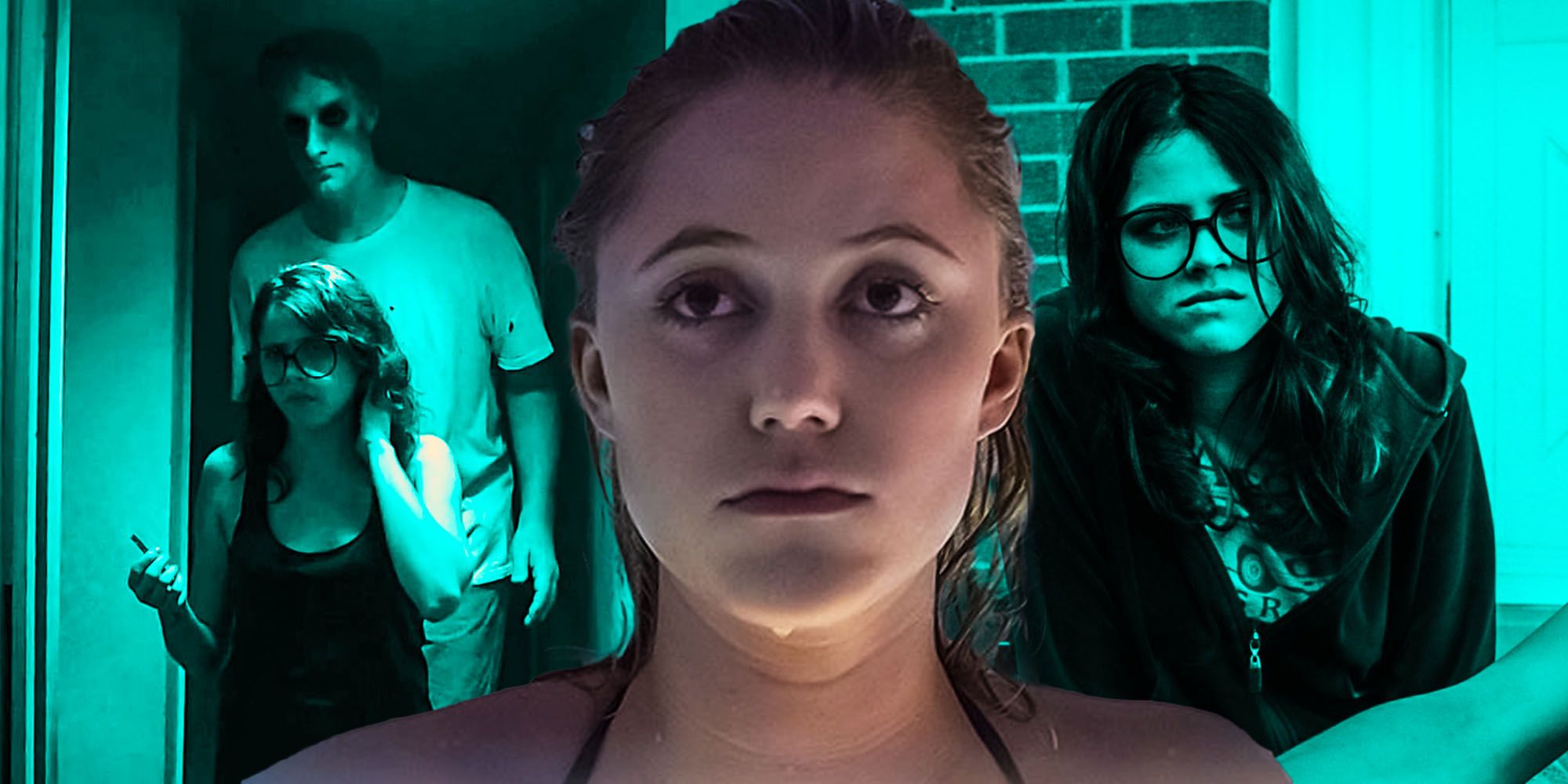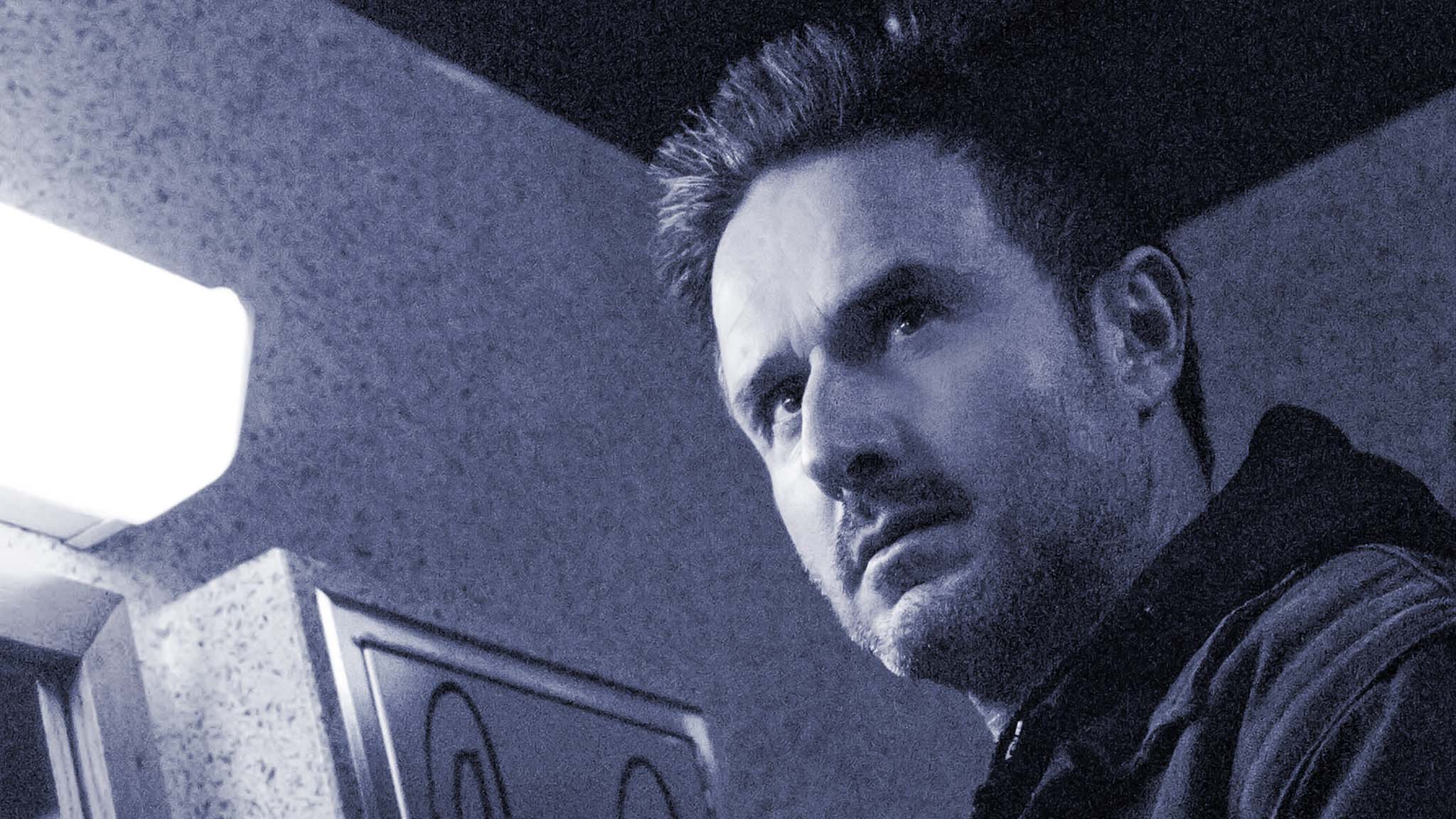Unraveling The Thrill: The Allure Of A Movie That Follows The Killer
Mar 23 2025
There’s something undeniably captivating about a movie that follows the killer, offering viewers a front-row seat to the dark mind of a criminal mastermind. This genre has consistently intrigued audiences worldwide, combining suspense, mystery, and psychological depth. These films often delve into the psyche of the antagonist, challenging our understanding of morality and human behavior. For cinephiles, it’s not just about the chase; it’s about exploring the motivations, fears, and intricacies of those who operate outside the law. With every twist and turn, these films keep audiences on the edge of their seats, eagerly piecing together the puzzle alongside the protagonist—or in this case, the villain.
As the film industry continues to evolve, the popularity of movies that follow the killer shows no signs of waning. Directors and screenwriters have embraced the challenge of crafting compelling narratives that not only entertain but also provoke thought. These films often blur the lines between good and evil, leaving viewers questioning their own moral compasses. By placing the audience in the shoes of the antagonist, these movies create a unique emotional connection that lingers long after the credits roll. The allure lies in the complexity of the characters and the intricate plots that keep viewers guessing until the very end.
What makes a movie that follows the killer so compelling? It’s the art of storytelling that brings the audience into the mind of the antagonist, revealing layers of complexity that challenge traditional notions of hero and villain. From iconic characters like Hannibal Lecter to lesser-known yet equally fascinating figures, these films offer a window into the darker corners of the human experience. As we explore this genre, we’ll uncover the elements that make these films unforgettable and the impact they have on both the film industry and society at large.
Read also:Who Is The Current Unlv Head Football Coach And What Makes Them Stand Out
What Defines a Movie That Follows the Killer?
At its core, a movie that follows the killer is one where the narrative focuses on the antagonist, often giving them more screen time than the protagonist. This unique approach allows filmmakers to delve deep into the psyche of the killer, exploring their motivations, backstory, and the events leading up to their crimes. Unlike traditional crime thrillers, these films often blur the lines between hero and villain, creating morally ambiguous characters that challenge the audience’s perception of justice and morality.
Key Characteristics:
- Character-Driven Storylines: The killer is often the central character, with their journey taking center stage.
- Psychological Depth: These films frequently explore the psychological aspects of the killer, offering insights into their mental state and motivations.
- Non-Linear Narratives: Many films in this genre use non-linear storytelling to keep the audience engaged and guessing.
- Unconventional Heroes: The protagonist, often a detective or investigator, may not be the traditional hero, adding complexity to the narrative.
Why Do Viewers Love Movies That Follow the Killer?
The appeal of a movie that follows the killer lies in its ability to challenge viewers’ perceptions and emotions. By placing the audience in the killer’s shoes, these films create a sense of empathy and understanding, even for characters who commit heinous acts. This empathetic connection is not about excusing the crimes but rather understanding the complexities that lead to such actions. Additionally, the suspense and tension inherent in these films keep viewers hooked, eagerly anticipating the next twist in the plot.
How Does a Movie That Follows the Killer Impact Society?
These films often spark discussions about morality, justice, and the human condition. By presenting complex characters and morally ambiguous situations, they encourage viewers to question their own beliefs and values. Furthermore, they highlight societal issues such as mental health, trauma, and systemic injustices that may contribute to criminal behavior. In doing so, these films serve as a mirror to society, reflecting the darker aspects of human nature and prompting conversations about how to address them.
Which Movies Best Represent This Genre?
Several films stand out as exemplary representations of the genre, each offering a unique perspective on the concept of a movie that follows the killer. From classics like "The Silence of the Lambs" to modern masterpieces like "Gone Girl," these films have captivated audiences with their intricate plots and complex characters. Each film brings something new to the table, whether it’s a groundbreaking narrative structure, a memorable performance, or a thought-provoking exploration of the human psyche.
What Makes a Killer an Iconic Movie Character?
Iconic killers in films are often defined by their complexity and depth. Characters like Norman Bates from "Psycho" and Patrick Bateman from "American Psycho" have become cultural touchstones, representing the duality of human nature. These characters are not one-dimensional villains but multi-faceted individuals with motivations, fears, and desires. Their iconic status is often bolstered by memorable performances, clever writing, and the ability to evoke empathy despite their actions.
Read also:Southern Maid Donuts Mansfield Rd A Sweet Delight In Every Bite
Can a Movie That Follows the Killer Still Be Ethical?
This is a question that often arises in discussions about the genre. While these films may glorify criminal behavior to some extent, they also serve as cautionary tales, highlighting the consequences of such actions. By presenting the killer’s perspective, these films offer a nuanced view of crime and punishment, encouraging viewers to consider the broader societal implications. Ultimately, the ethicality of these films depends on how they are portrayed and the messages they convey.
What Are the Challenges of Making a Movie That Follows the Killer?
Directors and screenwriters face numerous challenges when crafting a movie that follows the killer. Balancing the portrayal of the antagonist with the moral and ethical considerations is a delicate task. Additionally, creating a compelling narrative that keeps audiences engaged without resorting to gratuitous violence requires skill and creativity. Filmmakers must also ensure that the character remains relatable and believable, avoiding stereotypes and clichés.
Who Are the Key Players in This Genre?
From directors like David Fincher and Alfred Hitchcock to actors like Anthony Hopkins and Charlize Theron, the genre boasts a roster of talented individuals who have contributed to its success. These creators have pushed the boundaries of storytelling, bringing new perspectives and techniques to the table. Their work has elevated the genre, making it a staple of the film industry and a favorite among audiences worldwide.
Is a Movie That Follows the Killer Suitable for All Audiences?
While these films offer a thrilling and thought-provoking experience, they may not be suitable for all audiences. The graphic nature of some films and the psychological depth of others can be challenging for viewers who prefer more straightforward narratives. Additionally, the morally ambiguous nature of the characters may not resonate with everyone. However, for those who appreciate complex storytelling and character-driven narratives, these films are a must-watch.
What Does the Future Hold for This Genre?
As the film industry continues to evolve, the genre of a movie that follows the killer is likely to grow and change. Advances in technology and shifts in societal values will undoubtedly influence the way these films are made and received. Filmmakers may explore new themes and perspectives, bringing fresh insights to the genre. Regardless of these changes, the allure of a movie that follows the killer is likely to endure, captivating audiences for generations to come.
Conclusion: Why This Genre Matters
The genre of a movie that follows the killer offers a unique and compelling viewing experience that challenges audiences to think critically about morality, justice, and human nature. By exploring the complexities of the antagonist, these films provide a window into the darker aspects of the human experience, encouraging empathy and understanding. As the genre continues to evolve, it will undoubtedly remain a staple of the film industry, captivating audiences with its intricate plots and unforgettable characters.
Table of Contents
- Unraveling the Thrill: The Allure of a Movie That Follows the Killer
- What Defines a Movie That Follows the Killer?
- Why Do Viewers Love Movies That Follow the Killer?
- How Does a Movie That Follows the Killer Impact Society?
- Which Movies Best Represent This Genre?
- What Makes a Killer an Iconic Movie Character?
- Can a Movie That Follows the Killer Still Be Ethical?
- What Are the Challenges of Making a Movie That Follows the Killer?
- Who Are the Key Players in This Genre?
- Is a Movie That Follows the Killer Suitable for All Audiences?

